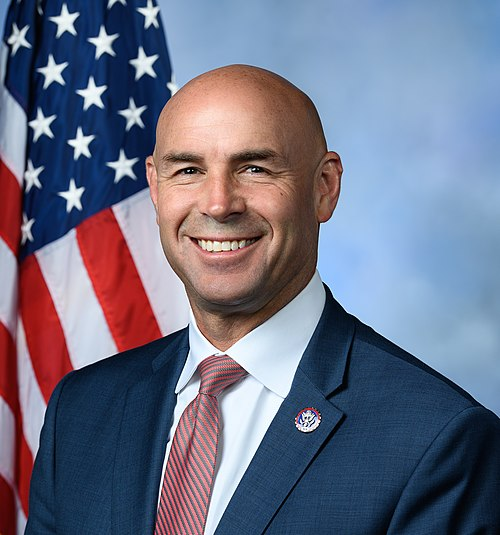H.R. 3871: Apprenticeship Infrastructure Tax Credit Act of 2025
This bill, titled the Apprenticeship Infrastructure Tax Credit Act of 2025, proposes changes to the Internal Revenue Code to provide a tax credit to employers who hire individuals through registered apprenticeship programs. The main provisions include:
Tax Credit for Employers
Employers can receive a tax credit for hiring apprenticeship employees, which is defined as new hires who are enrolled in a qualified registered apprenticeship program focused on infrastructure-related occupations. The credit amount differs based on the type of employee hired:
- $3,000 for standard apprentices.
- $6,000 if the apprentice is a recently separated veteran, a member of the National Guard or Reserve, or a military spouse.
Apprenticeship Credit Period
The credit is applicable during specific taxable years. It starts with the year the employee first enrolls in the program and extends into the next year if the apprenticeship program meets certain criteria.
Definitions and Eligibility
The bill outlines several definitions including:
- Apprenticeship employee: A new hire enrolled in a qualified registered apprenticeship program.
- Apprenticeship employer: An employer that has an agreement with a registered apprenticeship program.
- Qualified registered apprenticeship program: A program registered under the National Apprenticeship Act that meets relevant standards.
Limits and Conditions for Credits
Several stipulations govern the issuance of credits:
- Employers must secure an apprenticeship tax credit eligibility certificate for the apprentice to receive the tax credit.
- Certain exceptions apply, such as if an apprentice is laid off or is hired more than 90 days before enrollment in the program.
- No credit is allowed if the employee receives remuneration for participation in the program unless it's through approved public or non-profit funding.
Tax Credit Volume Cap
The bill includes a volume cap whereby the apprenticeship tax credits will cease once a total of $5 billion in credits has been allocated. The Secretary of Treasury and Secretary of Labor will monitor and report on credit allocation annually.
Reporting and Administrative Requirements
The Secretary of Labor is tasked with issuing eligibility certificates within 31 days after each quarter and maintaining updated records related to apprenticeships. Employers must adhere to specific reporting timelines to ensure compliance and facilitate credit issuance.
Effective Date
The provisions will take effect for taxable years beginning after December 31, 2025, allowing for the initiation of the tax credit program from that point onward.
Relevant Companies
- BA - Boeing could see increased recruitment and training costs offset by tax credits if they hire apprentices in infrastructure roles.
- FLR - Fluor Corporation may benefit from hiring apprentices in construction and engineering roles, thus potentially reducing training costs through tax credits.
- SCHN - Schnitzer Steel could leverage the tax credits if they hire apprentices for positions in the metals industry, particularly related to infrastructure projects.
This is an AI-generated summary of the bill text. There may be mistakes.
Sponsors
2 bill sponsors
Actions
2 actions
| Date | Action |
|---|---|
| Jun. 10, 2025 | Introduced in House |
| Jun. 10, 2025 | Referred to the House Committee on Ways and Means. |
Corporate Lobbying
0 companies lobbying
None found.
* Note that there can be significant delays in lobbying disclosures, and our data may be incomplete.















